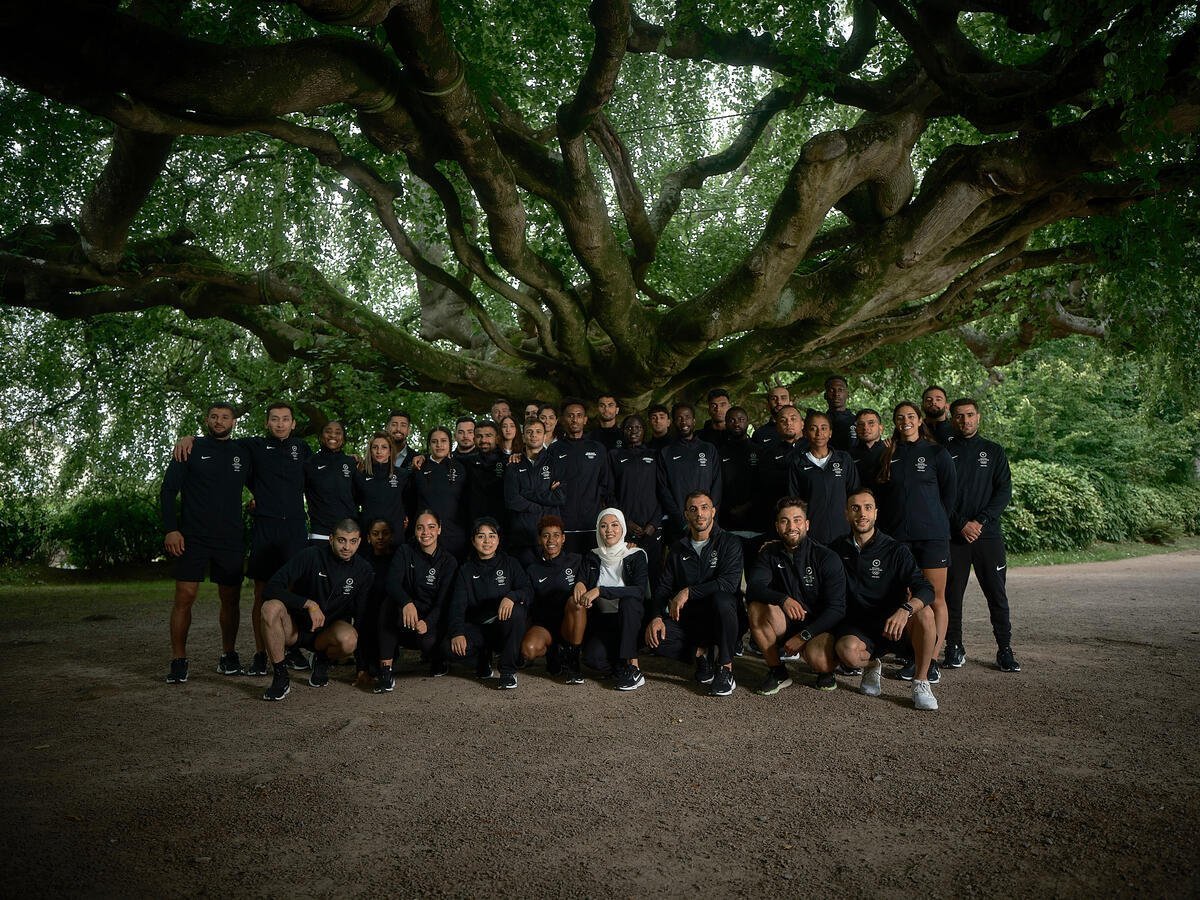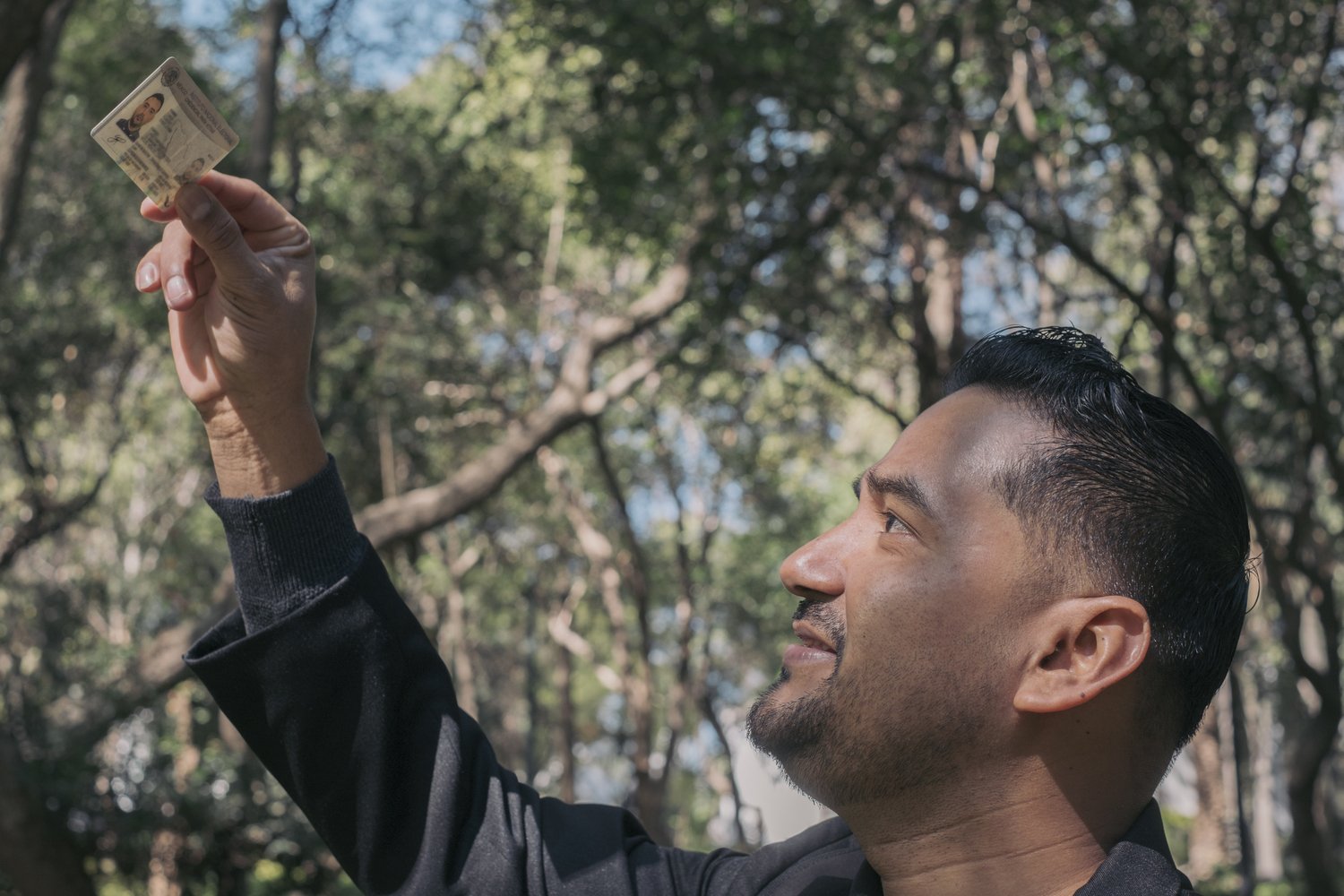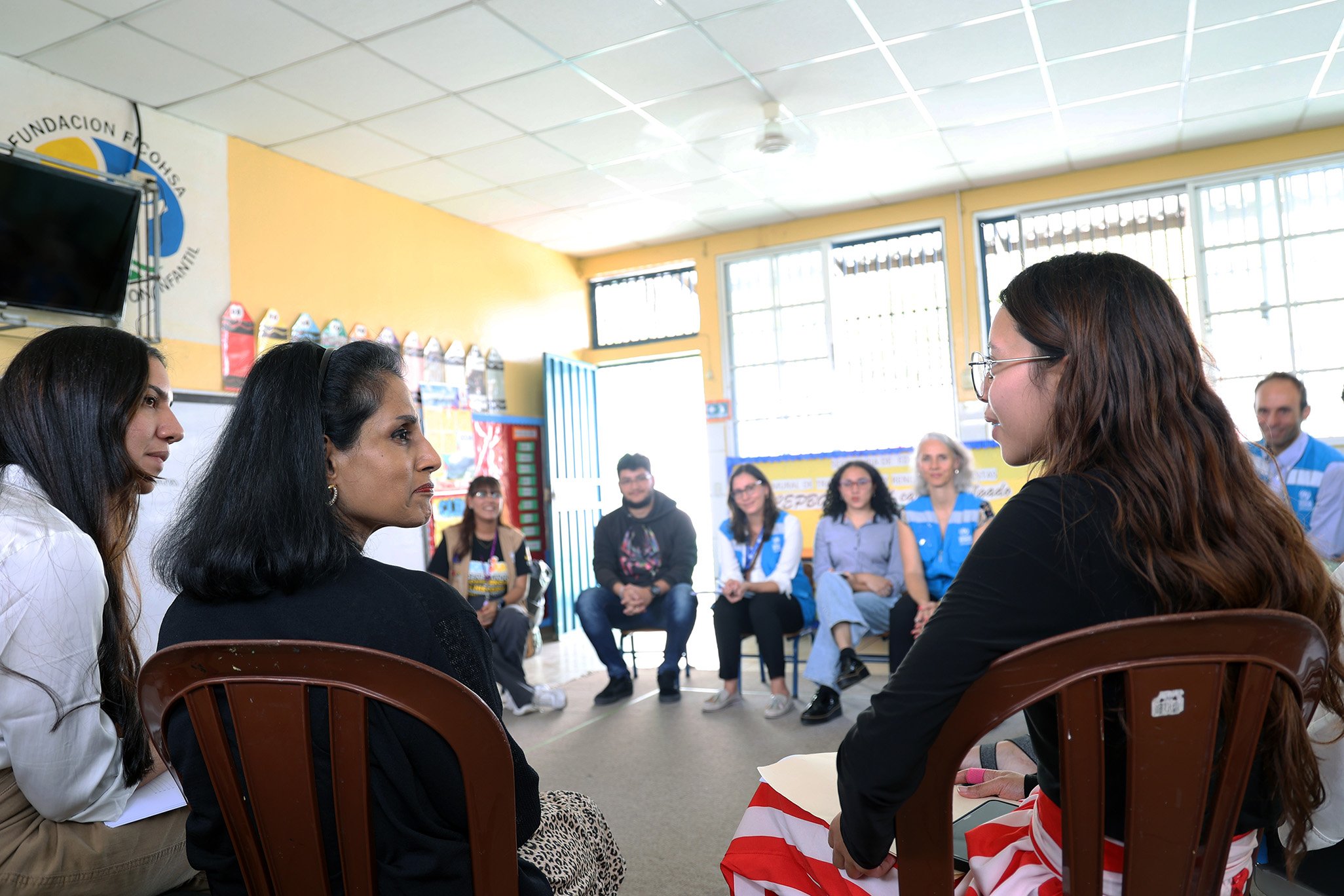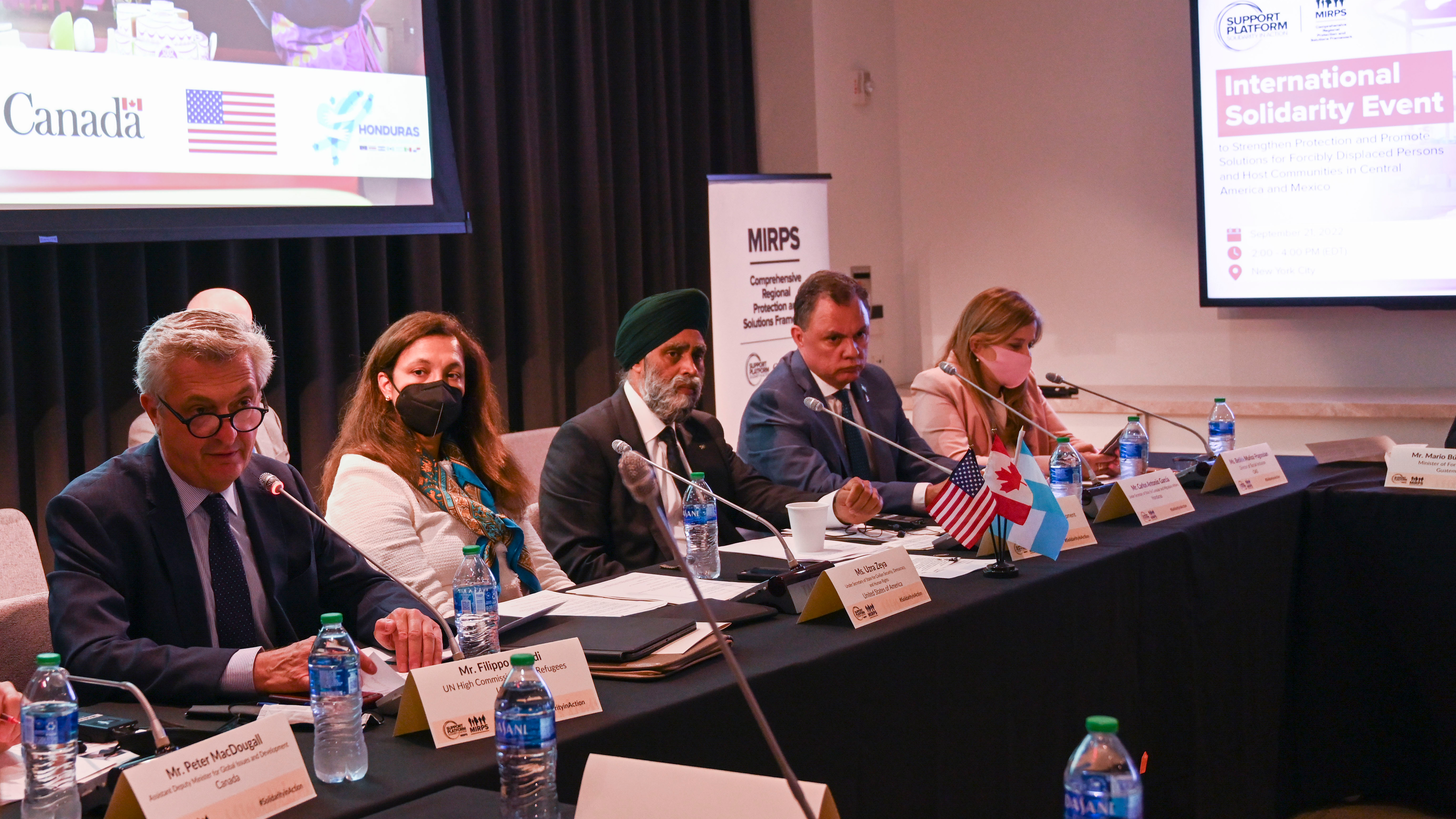UNHCR welcomes breakthrough Mexico legislation on protection
UNHCR welcomes breakthrough Mexico legislation on protection

GENEVA, December 10 (UNHCR) - The head of the UN refugee agency on Friday welcomed a decision by Mexico's Senate to approve a landmark Law on Refugees and Complementary Protection, saying it would have a significant impact on the lives of refugees and others in need of help.
"This is a breakthrough piece of legislation that significantly advances international protection practices in Mexico, and for Latin America as a whole," High Commissioner for Refugees António Guterres said of the law adopted on Thursday, less than a week ahead of UNHCR's 60th anniversary.
"Its impact on people in need of protection will be significant as refugee protection is seen through a holistic lens from reception to durable solutions. It establishes refugee status procedures, including the refugee definition of the 1951 Convention as well as the expanded [1984] Cartagena Declaration refugee definition, and fosters local integration of refugees. In addition, following a positive trend in Latin America, the law considers gender as a ground of persecution," he added of the legislation, drafted with UNHCR support.
"Until now, Mexico has had no legal framework for protecting asylum-seekers and refugees - despite having signed the 1951 Refugee Convention 10 years ago and its long history of protecting refugees and asylum-seekers from other countries in the region."
Mexico still receives refugees from Latin American countries including Colombia, Haiti, El Salvador, Honduras and Guatemala. Its refugee population is estimated at more than 1,400 people, most living in urban areas.
By passing the new law, Mexico has also become the first country in the region to grant "complementary protection" for people not considered as refugees but whose life has been threatened or could be at risk of suffering torture, ill treatment and other forms of cruel inhuman treatment.
UNHCR has a presence in Mexico City and the border city of Tapachula, in the south, where it supports the government's effort to identify asylum-seekers and refugees from the mass of migrants, to protect and address the special needs of vulnerable groups, like unaccompanied children, or women victims of trafficking.









